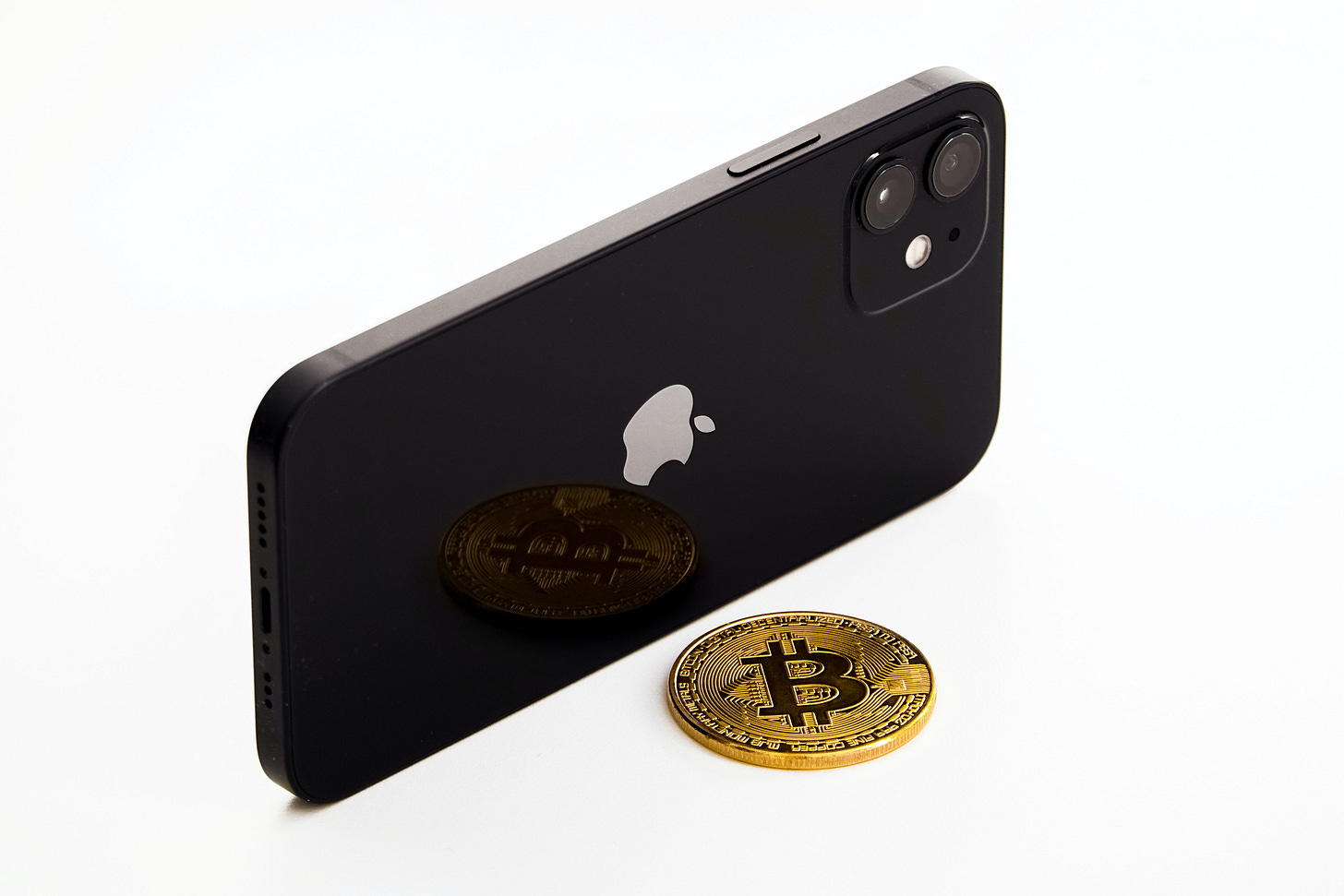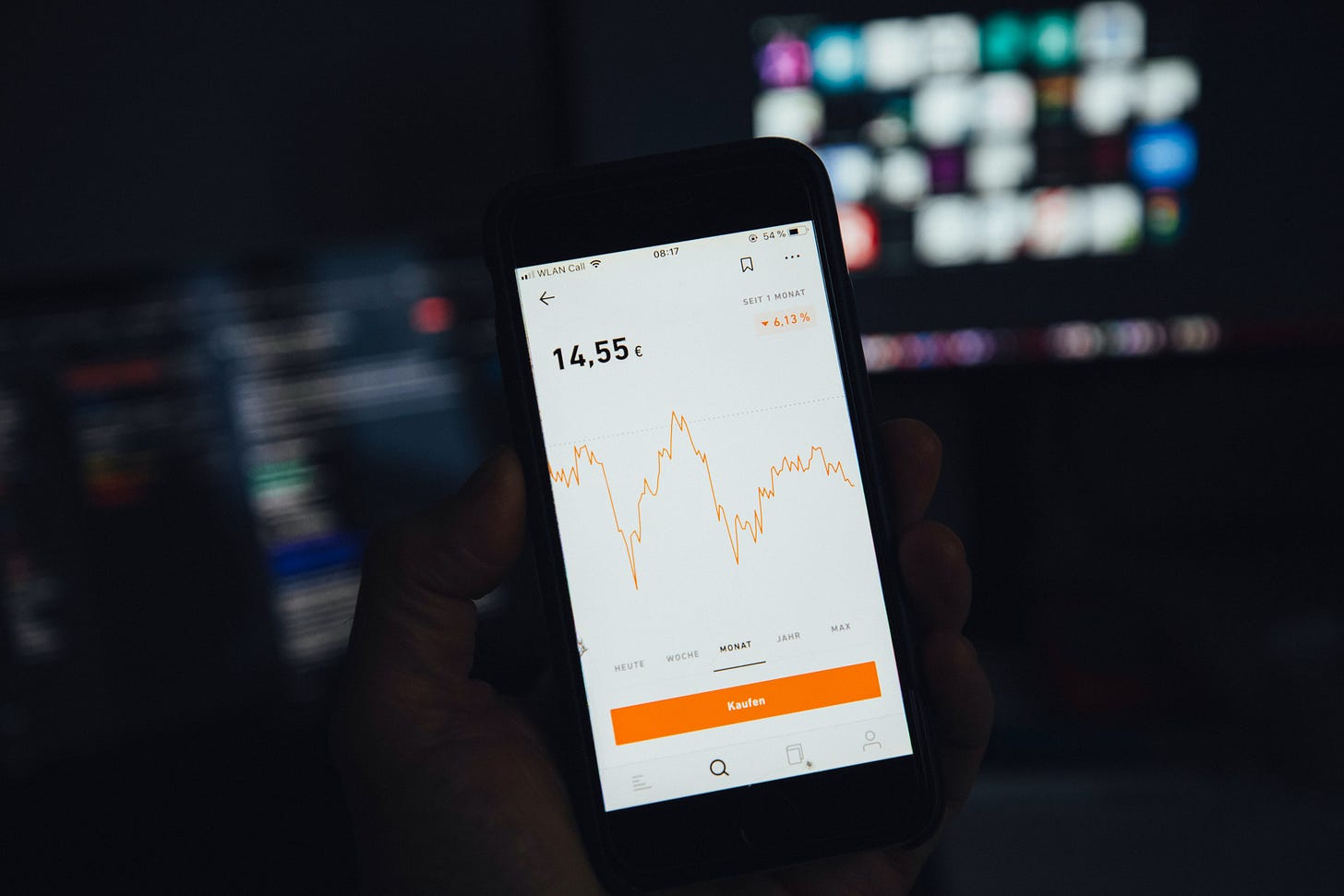Wisdom Cannot be Gained in an Area Where Questions Are Not Asked
When it comes to money... ask questions.
In its origin, money was created primarily as a means to provide power and control through its issuance and tax. In addition to these features it provided a secondary purpose, creating a medium of exchange for goods and services.
As time has passed technology has provided solutions for problems across many industries, yet money as we know it, has pretty much stayed the same. With the invention of the internet the barrier to knowledge was broken, providing individuals the ability to take back power and control of their own outcomes.
This was a revolutionary moment. The internet is a tool that now offers greater freedom to groups and populations who’ve historically been excluded.
The Internet is a Tool
Only in recent years, as it relates to commerce and markets, has the internet been able to break the barrier to money.
But what is money? Money, as defined by economists, is a medium of exchange, a unit of account, and a store of value. However, money as we know it only does one of these things very well – and that is act as a medium of exchange.
Money really is just the ability to transact as a medium of exchange.
Money does not act as a unit of account. A $100 dollar bill can’t tell you a history of its ownership and how or where it changed hands. A bookkeeper does this.
Money is a poor store of value. If you look at almost every fiat currency issued by a sovereign entity, they’ve lost 100% or close to 100% of their value over their life.
So, what we are seeing is a revolution and the internet of money. It’s a battleground centered around the technological innovation of money. The battle is on three fronts.
What is the best source for a medium of exchange?
What medium provides the best unit of account?
What is a store of value and what’s the best asset(s) for storing value?
Technology is attempting to determine what these options should be, how they should be used, and define who should have control. Changes to these three crucial areas are picking a fight with systems and people comfortable in their traditional ways. Doing things a specific way only because they’ve always been done that way isn’t always the best option. For continuity this can be a good thing, but for long run advancement it’s likely a dead end.
Modern Monetary Technology (MMT)
MMT is a thing, but not the thing a delusioned Keynesian would like for you to believe. MMT (Modern Monetary Theory) in the sense of ever expanding money supply isn’t the best for the most.
MMT in the form of modern monetary technologies like Bitcoin and Ethereum have created for the first time the opportunity to transmit value over the internet. For Bitcoin, it happens at the base layer… a level 1 money that allows other layers to be built on top. For Ethereum it happens less as a money and more as a technology that allows for better integrations and more interoperability.
With this advancement, we’ve broken another barrier. One that is likely to lead to another period of major innovation. Along the way we should expect to hear and ask impactful questions. As it relates to money, a unit should seek to be a medium of exchange, a unit of account, and a store of value.
For medium of exchange, fiat is (has been) better than crypto, land, or gold. It’s instantly transactable and widely accepted for a fee. Currently, it’s still the easiest for most to transact. In that regard, nothing competes with its speed of settlement, mass adoption and instant transferability.
For unit of account, crypto is better than land, fiat, or gold as by design the code beneath handles its own accounting. Therefore, you do not need a third-party to maintain a log which removes cost to the owner.
For store of value, the purpose is to create long-term wealth. To do so, one needs to accumulate capital that appreciates over time. This does not happen with current fiat currencies. The opposite does. So, is it better to hold stores of value like land, businesses, gold, stocks and bonds, or crypto over fiat? These have all proven better functions of storing value than fiat currencies.
If we believe these three functions are what defines money, then should we not have different sources for our money depending on our needs at the time?
Unfortunately, No Money Does All Things Well
Since it does appear there is no singular money that does all three functions extremely well. If we’re really honest, and remove our bias, each has its own form of limitation in one way or another.
Instead of battling over what is and isn’t money, should we instead ask how much money do I need in the short-term, the long-term, and how do I need to account for it?
What’s the best storing mechanism for each of these timeframes?
Short-term Needs - fiat allocation with ease and ability to transact or transfer back and forth to a store of value that includes a unit of account?
Long-term Needs - held in true assets, things that actually appreciate over time. These are monies not needed within the foreseeable future. They can be held in land, gold, crypto or businesses. Depending on the asset choice a cost for unit of account may be required.
Unit of account Needs - fiat, gold, stocks and bonds, and businesses all come with a cost for accounting or storage. There is a barrier in that they require a trusted third party to provide proof of ownership and value over time. Crypto is the only asset with little to no overhead related to accounting and storage because its transactions are publicly accounted for over the internet and the individual has the ability to self-custody their own wallet, removing most all third parties and costs.
So instead of fretting over what is money? Why not reframe the question? What does money need to do in your life? Defining money on your terms and how it needs to be stored to match your lifestyle will likely have a greater impact on your wealth. One form of money to you may have little to no value to me and vise-versa.
Money is the unit which provides value in your life regardless of what that decided upon unit ends up being.






